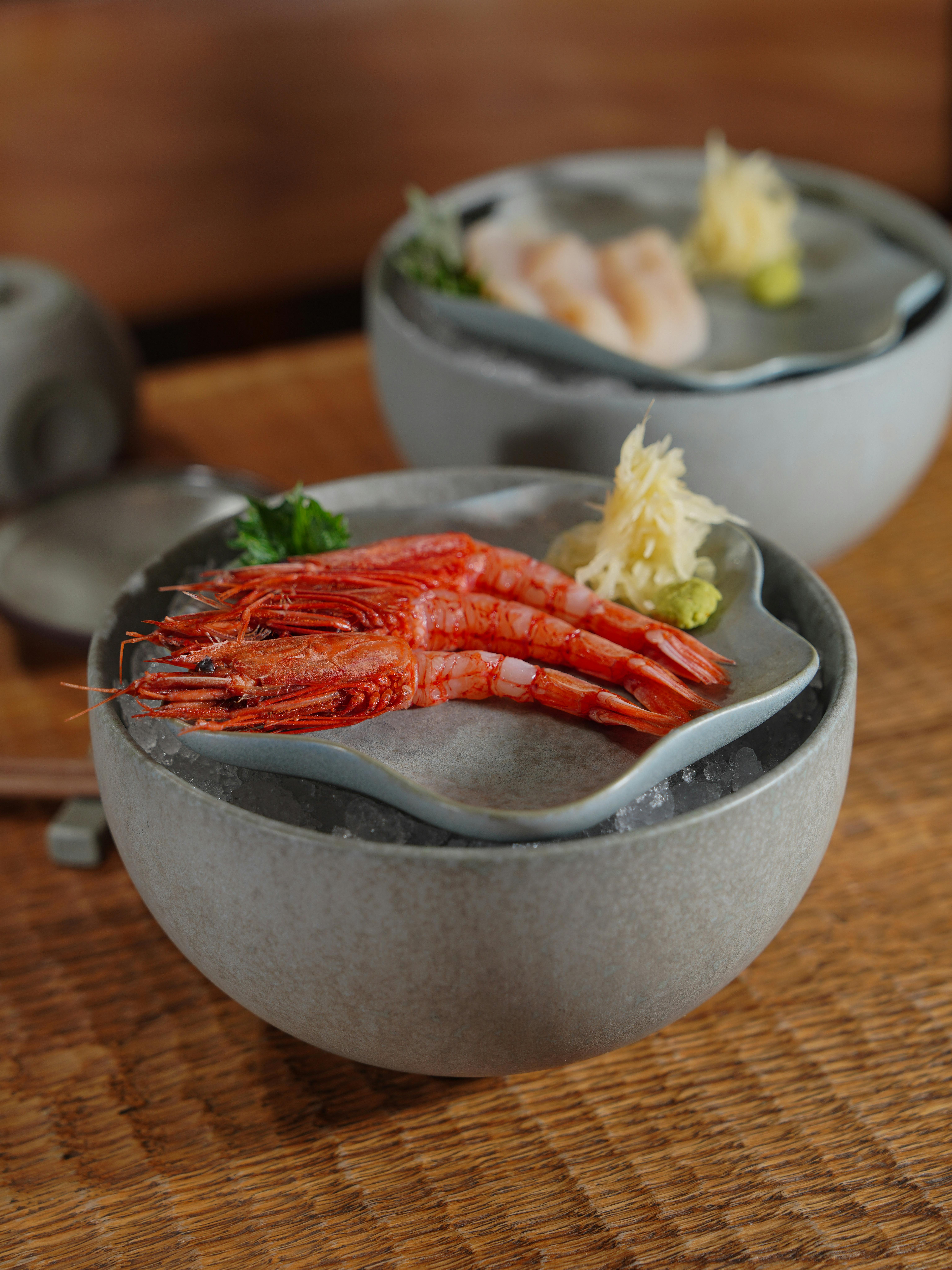Coconut, a tropical fruit loved by many, has been praised for its numerous health benefits. But, can dogs enjoy this tasty treat as well? In this article, we will explore whether dogs can safely consume coconut and discover the potential risks and benefits associated with feeding it to our furry friends. From its rich nutritional profile to the potential digestion issues it may cause, we will provide all the information you need to determine if coconut is a suitable addition to your pup’s diet. So, let’s dig in and find out if dogs can eat coconut!

Understanding Canine Nutrition
Canine nutrition plays a crucial role in maintaining the overall health and well-being of our furry friends. Dogs require a balanced diet that consists of all the essential nutrients to support their growth, energy levels, and immune system. Just like humans, dogs need proteins, carbohydrates, fats, vitamins, and minerals in their diet. However, it’s important to understand the specific nutritional needs of dogs to ensure they receive the appropriate nourishment.
Necessary Nutrients for Dogs
Proteins are the building blocks of a dog’s diet and are essential for muscle development and repair. High-quality protein sources such as lean meats, fish, and poultry are recommended for dogs. Carbohydrates provide the energy dogs need to stay active and should come from sources like grains, legumes, and vegetables. Fats are another important component of a dog’s diet as they provide essential fatty acids for healthy skin and a shiny coat.
Vitamins and minerals are necessary for various bodily functions, including a strong immune system, healthy bones, and proper nerve function. Dogs can obtain these nutrients from fruits and vegetables, which are an essential part of a well-balanced canine diet.
Role of Fruits and Vegetables in Dog’s Diet
Fruits and vegetables are not only beneficial for humans but can also be a valuable addition to a dog’s diet. These plant-based foods provide dogs with important vitamins, minerals, and antioxidants. One fruit that has gained popularity in recent years for its potential health benefits for dogs is the coconut.
What is Coconut
Coconut, scientifically known as Cocos nucifera, is a tropical fruit that is widely recognized for its versatility and numerous culinary uses in human diets. It consists of several components, including the outer husk, the fibrous shell, the meat or flesh, and the clear liquid found inside known as coconut water. Additionally, coconut oil is derived from the meat, while coconut milk is made by blending the flesh with water.
The Nutritional Make up of Coconut
Coconut is a highly nutritious fruit, containing various beneficial elements. It is rich in dietary fiber, providing digestion support for dogs. It also contains vitamins C, E, and several B vitamins, which play a crucial role in maintaining overall health. Furthermore, coconut offers essential minerals such as potassium, magnesium, and phosphorus, which contribute to maintaining healthy bones and muscles.
Forms in which Coconut Comes
Coconut comes in several forms, each offering unique nutritional benefits. Coconut oil is extracted from the meat and is often used in cooking. It is rich in medium-chain fatty acids, which are easily digestible and provide a quick source of energy for dogs. Fresh coconut, with its meat and water, can be an enticing treat for dogs, while dried or dehydrated coconut can be used as a crunchy snack. Additionally, coconut milk, derived by blending the flesh with water, is a creamy and flavorsome liquid that can also be incorporated into a dog’s diet.

Can Dogs Eat Coconut
Now that we understand the nutritional composition of coconut, it’s important to address the question, “Is coconut safe for dogs?” The answer is, generally, coconut is safe for dogs to consume. However, as with any new food, it is important to introduce it gradually and observe how your dog reacts to it.
Benefits of Coconut to Dogs
Coconut offers a range of benefits to dogs when incorporated into their diet in appropriate quantities. Some of the key advantages include promoting healthy skin and coat, supporting the immune system, and aiding digestion.
How Does Coconut Benefit Dogs
Promoting Healthy Skin and Coat
Coconut’s natural oils can improve a dog’s skin condition by moisturizing and reducing itchiness and dryness. It also promotes a shiny and healthy coat, making it an excellent supplement for dogs with skin allergies or sensitivities.
Supporting Immune System
The vitamins and antioxidants present in coconut can help strengthen a dog’s immune system. These components combat free radicals and reduce oxidative stress, which can contribute to overall better health and increased resistance to diseases.
Aiding Digestion
The fiber content in coconut can improve digestion in dogs by promoting regular bowel movements and reducing constipation. Additionally, coconut oil’s medium-chain fatty acids can enhance nutrient absorption and support a healthy digestive system.

Possible Side Effects of Coconut in Dogs
While coconut can provide numerous benefits to dogs, it is essential to be aware of potential side effects that may arise.
Allergic Reactions
Although rare, some dogs may have an allergic reaction to coconut. Signs of an allergic reaction include itching, swelling, gastrointestinal upset, or difficulty breathing. If any of these symptoms occur after introducing coconut to your dog’s diet, it is advisable to discontinue its use and consult your veterinarian.
Digestive Upset
Excessive consumption of coconut or sudden introduction to a dog’s diet can cause digestive upset, such as diarrhea or vomiting. It is important to introduce coconut gradually and in moderation to avoid such issues.
Weight Gain due to High Fat Content
Coconut contains a high amount of fat, which can contribute to weight gain if not carefully monitored. It is crucial to consider the overall calorie intake of your dog’s diet and adjust accordingly when incorporating coconut.
Understanding the Right Quantity
Determining the appropriate serving size of coconut for your dog is crucial to maintain a balanced and healthy diet.
Determining the Appropriate Serving Size
The serving size of coconut will vary depending on your dog’s size, weight, and overall dietary needs. As a general rule, it is recommended to start with small amounts, such as a teaspoon or less, and gradually increase the serving size over time. Monitoring your dog’s reaction and consulting with a veterinarian can help determine the ideal serving size.
Frequency of Coconut in Dog’s Diet
Coconut should be incorporated into a dog’s diet in moderation. Limiting the frequency of coconut consumption to a few times a week ensures a varied and balanced diet for your furry companion.

Different Forms of Coconut and their Effects on Dogs
Coconut comes in various forms, each having different effects on dogs.
Coconut Oil
Coconut oil can be used topically to moisturize a dog’s skin or added to their food as a dietary supplement. It provides the benefits of medium-chain fatty acids and can aid in digestion and promote a healthy coat.
Coconut Milk
Coconut milk is a flavorsome liquid that can be given as a treat or used in recipes for added taste. It should be given in moderation, considering its calorie and fat content.
Dried or Dehydrated Coconut
Dried or dehydrated coconut can serve as a crunchy snack for dogs. However, it is important to ensure that no additional additives such as sugar or preservatives are present, as these can be harmful to dogs.
Coconut Water
Coconut water, the clear liquid found inside a coconut, is a hydrating beverage that can be offered to dogs on occasion. It provides electrolytes and can be a refreshing treat during hot weather or after physical activity.
Fresh Coconut
Fresh coconut, with its flesh and water, can be given to dogs as a tasty and healthy treat. However, it is essential to remove the tough outer husk and fibrous shell before offering it to your furry friend.
How to Introduce Coconut to Your Dog’s Diet
Introducing a new food to your dog’s diet should be done gradually and with caution.
Starting with Small Servings
To introduce coconut to your dog’s diet, start with small servings and observe their reaction. Begin with a teaspoon or less and gradually increase the amount over time.
Monitoring Your Dog’s Reaction
Carefully observe your dog’s reaction to coconut. Look for any signs of digestive upset or allergic reactions. If any negative symptoms occur, discontinue the use of coconut and consult your veterinarian.
Incorporating Coconut into Dog’s Regular Meals
Coconut can be added to your dog’s regular meals to provide additional nutrients and flavors. It can be mixed with their food or used as a tasty topping to enhance the taste and texture.
Alternatives to Coconut for Dogs
While coconut can be a beneficial addition to a dog’s diet, there are also other fruits, vegetables, and healthy supplements that dogs can enjoy.
Other Fruits Safe for Dogs
Several fruits, such as apples, bananas, blueberries, and strawberries, can be added to a dog’s diet. These fruits provide vitamins, minerals, and antioxidants that contribute to their overall health.
Vegetables for Dogs
Many vegetables, including carrots, peas, broccoli, and sweet potatoes, offer nutritional benefits and can be included in a dog’s diet. These veggies provide necessary fiber, vitamins, and minerals that support their well-being.
Other Healthy Supplements for Dogs
There are various supplements available in the market that cater to specific nutritional needs of dogs. Omega-3 fatty acids, joint supplements, and probiotics are examples of such supplements that can be considered under the guidance of a veterinarian.
Consulting with a Vet
To ensure your dog’s diet is tailored to their individual needs, it is advisable to consult with a veterinarian.
When to Seek Veterinary Advice
If you have any concerns or questions about including coconut in your dog’s diet, it is best to seek professional advice from a veterinarian. They can evaluate your dog’s specific dietary requirements and provide guidance accordingly.
Discussions to Have with Your Vet about Including Coconut in Your Dog’s Diet
When consulting with your veterinarian, discuss your intentions of introducing coconut to your dog’s diet. Provide them with details about your dog’s overall health, any existing medical conditions, and specific dietary requirements. Your vet will be able to assess whether coconut is a suitable addition to your dog’s diet and recommend the appropriate quantity and frequency.
In conclusion, coconut can be a safe and beneficial addition to a dog’s diet when introduced gradually and in moderation. It offers various health benefits, such as promoting healthy skin and coat, supporting the immune system, and aiding digestion. However, it is important to be aware of possible side effects and consult with a veterinarian before making any changes to your dog’s diet. By understanding the nutritional needs of your dog and providing a well-balanced diet, you can ensure their overall health and well-being for years to come.




